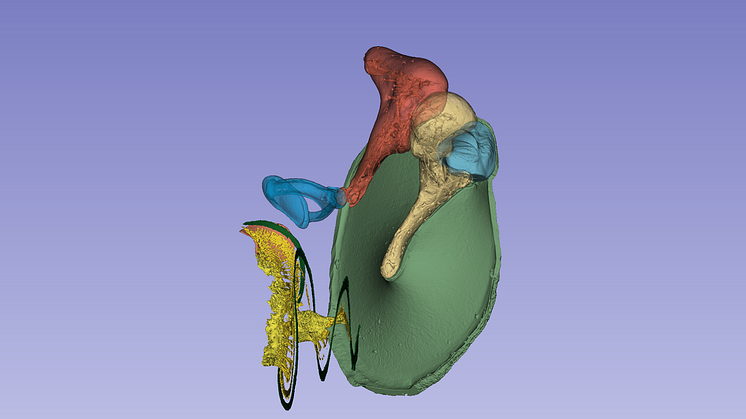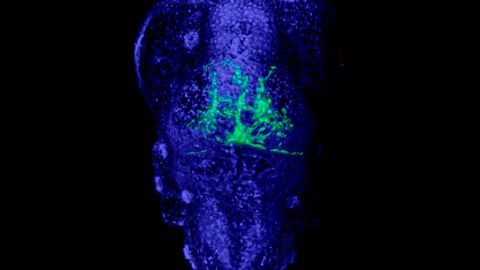New test method can offer safer dosages of hydroxychloroquine
Researchers at Uppsala University and Uppsala University Hospital have developed a new method to measure levels of the medication hydroxychloroquine in patients with the rheumatic disease systemic lupus erythematosus (SLE). The analysis method may also be useful in other areas, such as in the treatment of COVID-19. The study is being published in Arthritis Research and Therapy.

